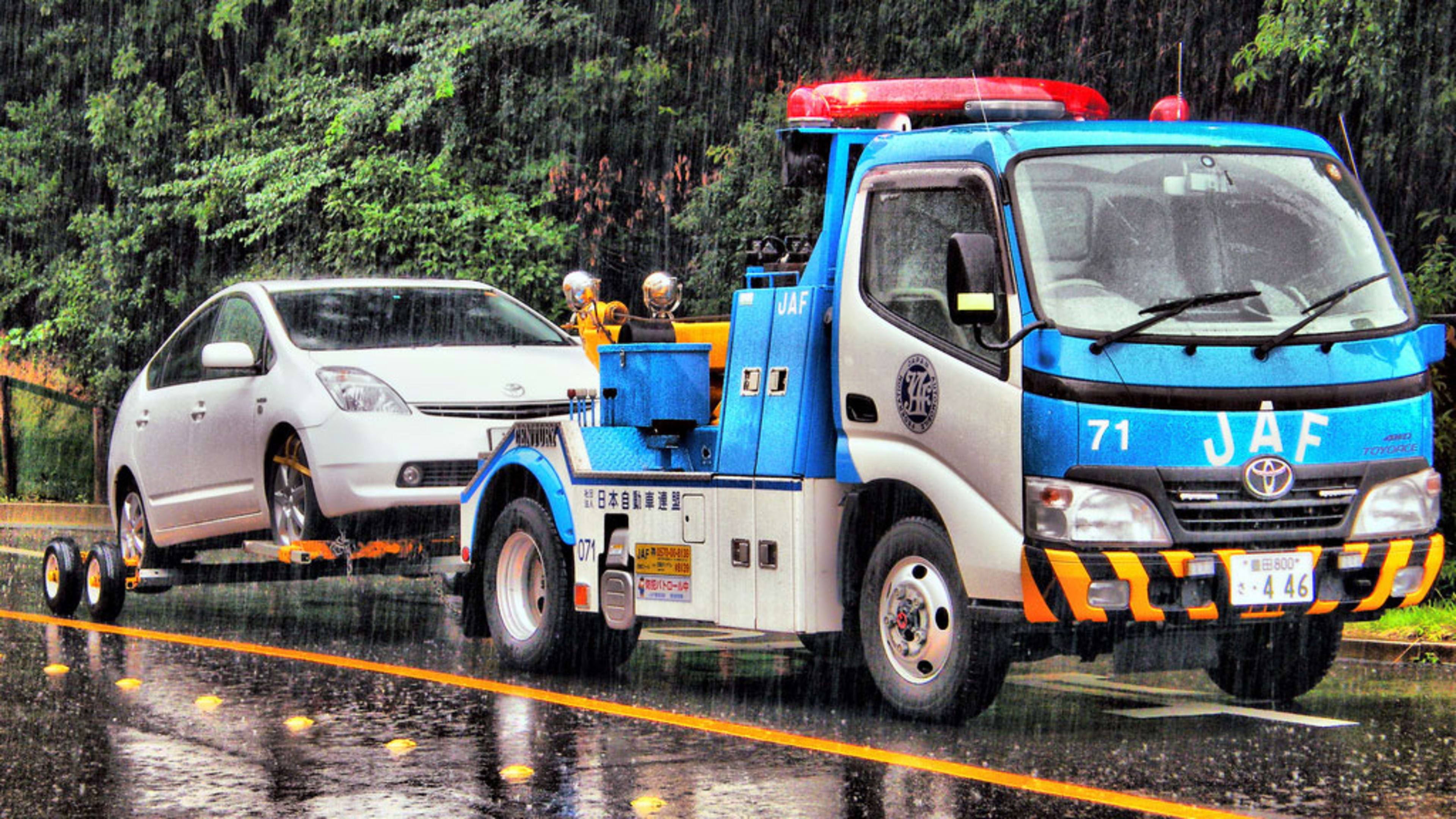It’s not uncommon for MapQuest to receive calls from drivers whose cars are broken down on the side of the road.
“You’d be surprised some of the things we get from our users,” Brian McMahon, MapQuest’s general manager, tells Fast Company. “We get calls into our call centers, emails from people who are stranded and need help.”
While most people would chalk this up to a tech-inept crowd not understanding the limitations of mapping software, the AOL-owned subsidiary–once the go-to destination for customized maps with turn-by-turn directions–decided to look into the problem.
Though it trails Google’s and Apple’s mapping apps, MapQuest is still chugging along, counting 44.4 million users across all platforms. To prove it’s relevant in the mobile world, the company released an iOS 7-friendly app last fall that was rebuilt from the ground up with a few value-added features, such as the ability to find nearby hotels or gas stations; more recent integrations include Yelp and OpenTable. Since its release, MapQuest reported a 23% increase in users and 39% jump in time spent on its app.
Continuing on that trend, MapQuest on Monday began rolling out integration with Urgent.ly, an Aol-incubated startup that provides on-demand roadside assistance, into its mobile app. Capitalizing on the $6 billion towing industry, Urgent.ly differentiates its service from AAA and other auto club memberships by dispatching quicker service with a la carte pricing.
“We’re delivering our service on average in under 30 minutes,” said Urgent.ly CEO Chris Spanos. “The quickest service we did on record was 8 minutes and 43 seconds.”
Urgent.ly began testing its app in April with thousands of users in Washington, D.C., but this partnership with MapQuest will catapult the startup to the national market, exposing it to an audience orders of magnitude larger. As part of the terms of the deal, MapQuest and Urgent.ly will share revenue from the roadside assistance service, though the companies declined to disclose specific details.
When you’re stranded on the side of the road–when it’s dark and rainy, no less–expediency is much appreciated. Urgent.ly is able to offer quicker turnaround because of a nationwide towing network it acquired in 2013 from a 15-year-old roadside assistance company that in exchange took a 10% stake in the startup. (Confidentiality agreements prohibit Urgent.ly from naming the firm.)
Leveraging its 12,000-member network, Urgent.ly can match stranded drivers with nearby towing companies that are available, often connecting them within 30 seconds. Though AAA has a roadside assistance app of its own, Spanos said customers ultimately are routed to a call center, further delaying the process.
Furthermore, because Urgent.ly doesn’t work on an insurance model like AAA, which banks on customers not needing its service, towers are eager for its business. “The insurance model is incentivize to deliver the lowest cost possible,” Spanos explains. “There’s a lot of perverse incentives built into that.”
Users can find Urgent.ly within a menu, and launching it will open up its HTML5 web app within the MapQuest app. Though customers pay about $100 for a AAA membership, the auto club pays towers about $25 to complete a job within 90 minutes, according to Spanos. As a result, towers are incentivized to pile on additional jobs, resulting in delays. In contrast, Urgent.ly pays towers $75 for the $99 towing service it charges customers, with the startup and MapQuest pocketing the rest. Other roadside fixes, such as tire changes, cost $75. Fifty dollars of that goes to the roadside-assistance company.
“We think the combination of nearby jobs, higher margins, plus visibility and transparency, all come together to provide everyone–both the customer and the tower–a much better experience,” Spanos says.
For MapQuest, it remains to be seen if this partnership will lure more customers and help make it as relevant as it once was, but McMahon says its focus is serving its existing base. “The big thing for us in adding this experience to the app is that it will allow users to really get help when they need it most,” he says.
Recognize your brand’s excellence by applying to this year’s Brands That Matter Awards before the early-rate deadline, May 3.




